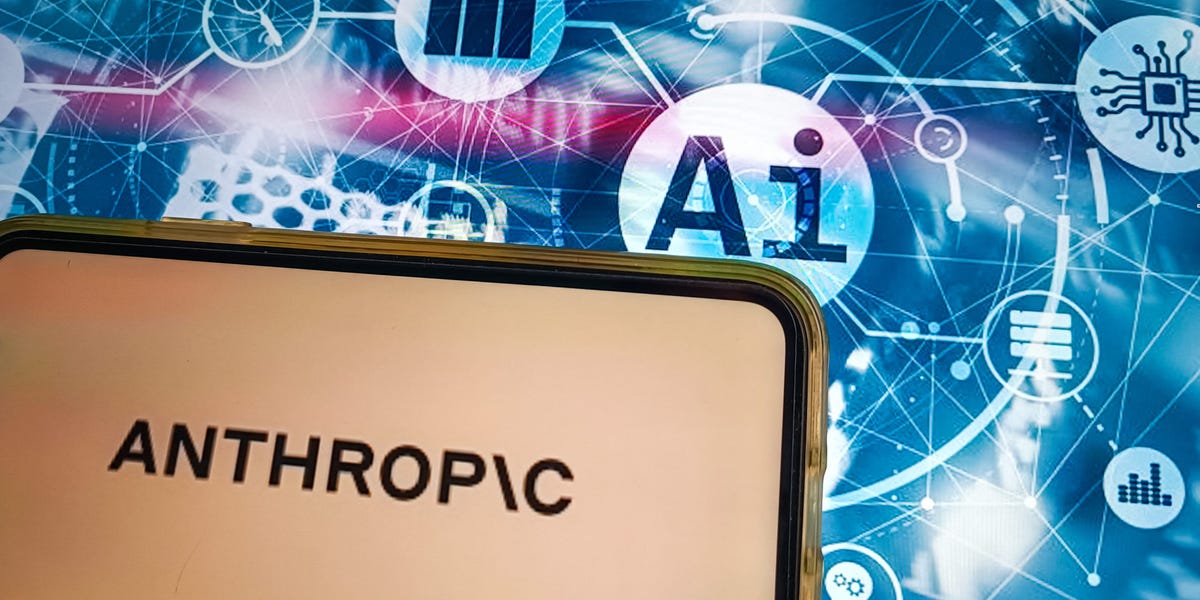AI Giant Anthropic Shells Out $1.5B to Authors: The Massive Price Tag of Machine Learning

In a landmark legal settlement that could reshape the landscape of AI development, Anthropic has agreed to pay a staggering $1.5 billion to resolve a lawsuit filed by authors who allege the company illegally used their copyrighted books to train its advanced artificial intelligence models.
The massive settlement highlights the growing tensions between creative professionals and AI companies over intellectual property rights in the rapidly evolving world of generative AI. Authors claimed that Anthropic's AI training process involved systematically scraping and utilizing their published works without permission or compensation, raising critical questions about the ethics of AI model development.
This unprecedented legal resolution sends a powerful message to tech companies about the importance of respecting intellectual property and obtaining proper authorization when using creative works as training data. The substantial financial penalty underscores the significant value of authors' intellectual contributions and the potential legal risks associated with unauthorized content use in AI training.
While Anthropic has not publicly admitted wrongdoing, the settlement represents a major acknowledgment of the complex challenges surrounding AI development and copyright law in the digital age. The case is likely to influence future practices in how AI companies approach content acquisition and model training.








